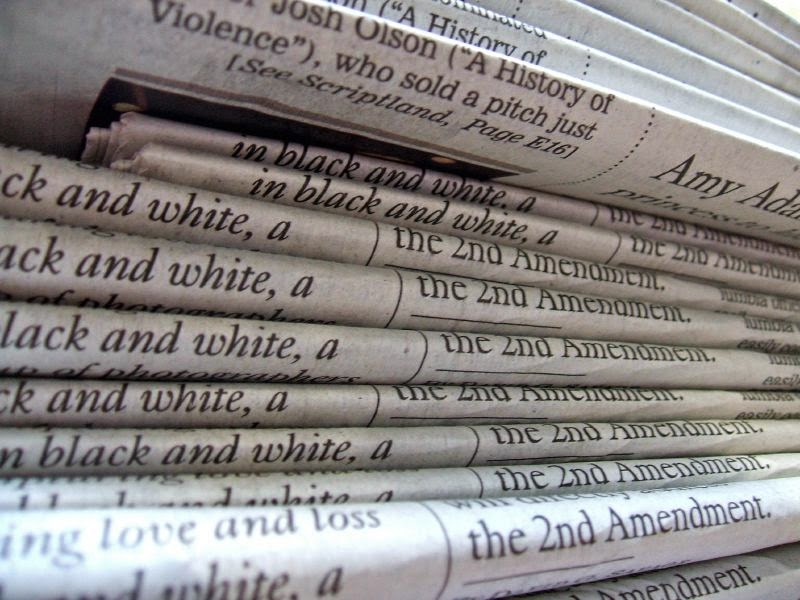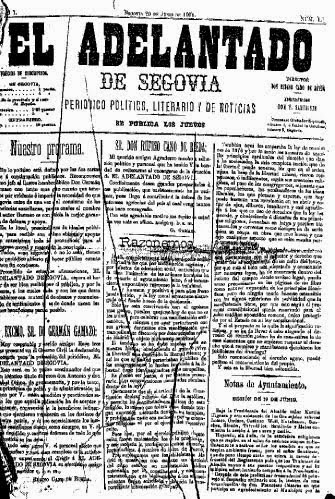Today° I made much progress in Voltaire's Zaïre and, to misquote Jane Austen's phrase, the reader can guess by the tell-tale compression of the pages that we are hastening to the final state of infelicity. But I've also taken a look at the poems of Paul Valéry. Aside from having the vague idea that he wrote in the late 19th and early 20th centuries, I made the conscious decision not to read anything about his work or his biography before I had read some of the poems; and then slipped the book that I found at home into the bag that I take to work. In the U-Bahn, therefore, I opened it for the first time: I saw my grandmother's name inked in the front, and that it had been published in 1944.
 |
| Eglinton Castle (c.1830s) by John Fleming via Wikimedia Commons |
I admired his 'Féerie' a lot, at any rate, even if my French is not reliable enough to understand if there is indeed a heavy erotic subtext there or not!
FÉERIE[. . .]
La lune mince verse une lueur sacrée
Toute une jupe d'un tissu d'argent léger,
Sur les bases de marbre où vient l'ombre songer
Que suit d'un char de perle une gaze nacrée.
Pour les cygnes soyeux qui frôlent les roseaux
De carènes de plume à demi lumineuse,
Elle effeuille infinie une rose neigeuse
Dont les pétales font des cercles sur les eaux…
*

